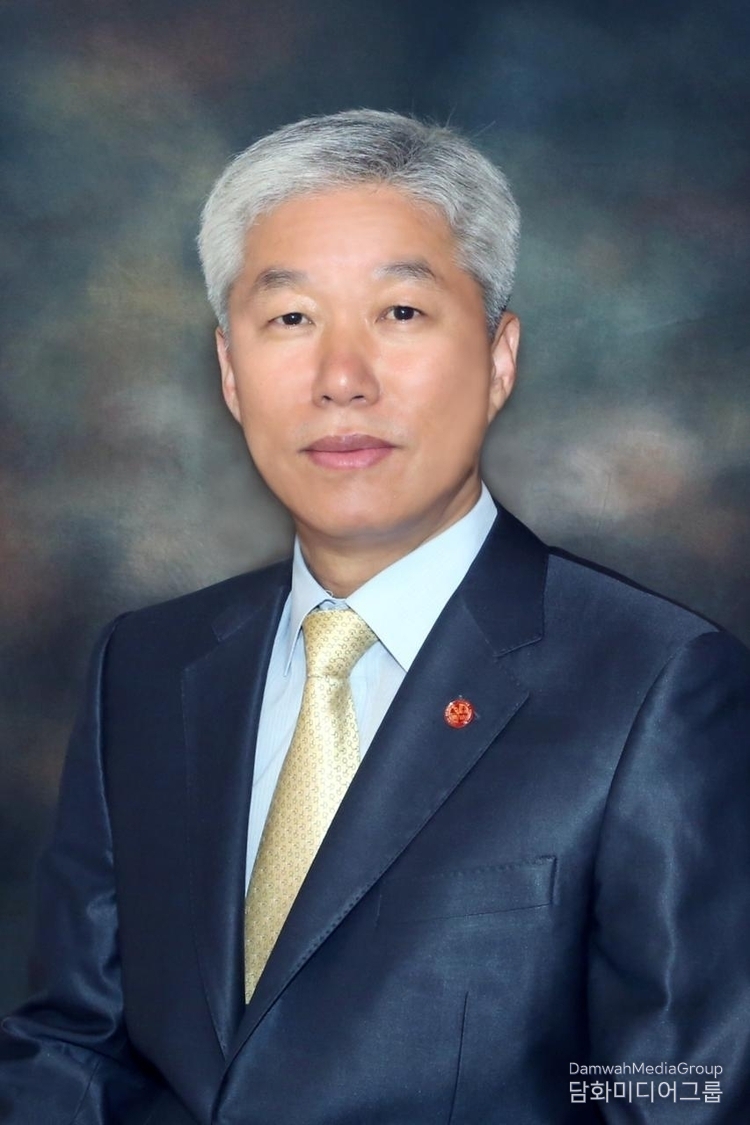By Diplomacy Journal Lee Jon-young
On December 3, 2024, South Korean President Yoon Suk-yeol's declaration of emergency martial law was a political self-inflicted measure. Despite the extreme measure of martial law, the National Assembly responded immediately to defend democracy. But this is not just a simple happening. It is time to soberly analyze the intentions of Yoon's government that shook the constitutional order and democracy.

Martial law, an impractical gamble, and a shaky legitimacy
President Yoon declared emergency martial law in the name of “protecting constitutional order,” but its background and procedures are shrouded in questions. According to Article 77 of the Constitution and the Martial Law Act, the declaration of martial law must be deliberated by the Cabinet. However, it is unclear if the Cabinet ever met. This is a declaration that lacks legal legitimacy.
Furthermore, even the basic requirements of martial law, such as the reason for martial law, the date of implementation, and the geographic area, were not met. The president's decision to violate the Constitution in the name of “defending the Constitution” is clearly contradictory. It smacks of an arbitrariness of power that is not based on the trust of the people.
The National Assembly saves democracy
Just two hours after martial law was imposed, the National Assembly overwhelmingly passed a resolution calling for its lifting. This was a swift response by the National Assembly to defend democracy and the constitution, and an example of political bipartisan cooperation.
With the unity of the Democratic Party of Korea, opposition parties, and popular resistance, martial law was lifted. However, the police temporarily blocked access to the National Assembly during this process, highlighting the chaotic chain of command and administration of the martial law forces. While democracy was narrowly preserved, the conflicts that arose in the process foreshadowed further political repercussions.
Political self-inflicted step and the collapse of the Yoon government's leadership
Martial law dealt a fatal blow to President Yoon Suk-yeol's leadership. With approval ratings in the low teens and a political crisis surrounding the possible special prosecutors’ investigation into First Lady Kim Keon-hee and impeachment of the auditor general, the declaration of martial law further amplified public antipathy.
The declaration of martial law is no longer interpreted as anything other than an evasion of responsibility by a government that has lost public trust. Presidential leadership is only sustainable if it is based on democratic values and constitutional accountability. President Yoon is likely to lose political influence for the rest of his term as a result of this incident.
Penitence and the need for constitutional governance
The Yoon government should take this opportunity to listen to the voice of the people. Illegal actions and abuse of power will not restore public trust. From a religious perspective, President Yoon and the government should realize the law of cause and effect. The people are the heavens, and democracy is governed by the will of the people.
Only a government operation based on constitutional values can clean up the mess left behind. If the government does not admit its incompetence and corruption with penance and show the will to improve, the martial law incident will be the beginning of the downfall of Yoon's government.







